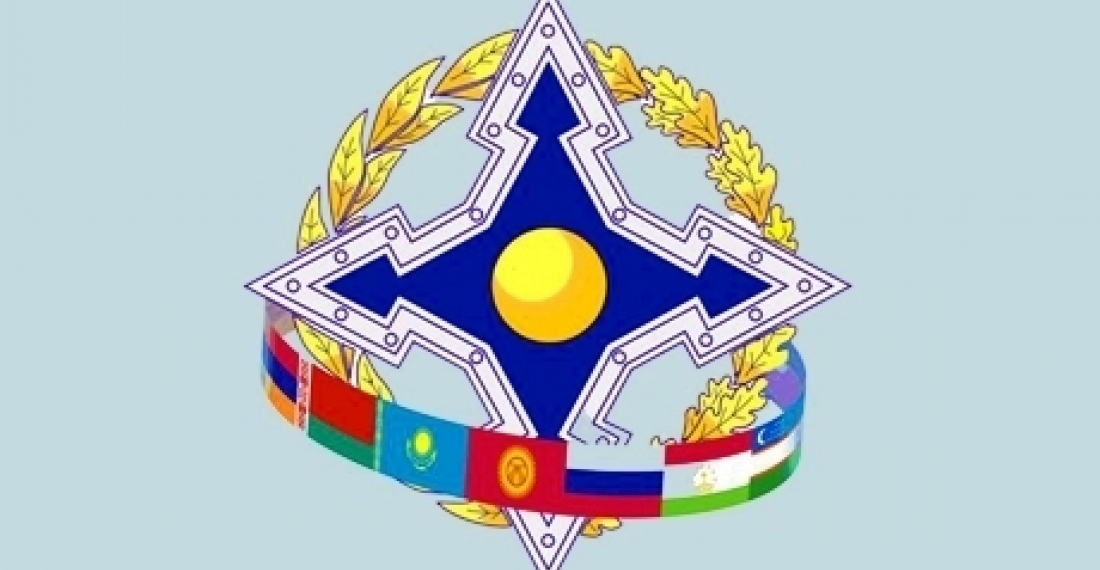The Defense Ministers Council of the Collective Security Treaty Organization (CSTO) will convene in Astana on 3 May, CSTO Press Secretary Vladimir Zainetdinov told ArmInfo. CSTO Secretary General Nikolay Bordyuzha is expected to make a report at the meeting.
The session will focus on joint measures to advance the military cooperation and the need to step up allied solidarity of the CSTO member states in view of the existing and potential global and regional security problems as well as political and economic pressure.
Defense Minister of Armenia Seyran Ohanyan will inform the CSTO Council of Defense Ministers of the joint exercises "Interactions 2012" to be held at Baghramyan polygon in Armenia on September 3-8. The topic of the exercises is "Application of the collective security system forces and means in the Caucasus regional of collective security with participation of the CSTO Collective Rapid Response Forces."
The defense ministers will talk over the refitting of the collective rapid response forces with modern armaments, military hardware and special vehicles. They will also discuss future development and improvement of these forces, military technical and military economic cooperation, and the ways to improve the training of military personnel for the armed forces of the CSTO member states.
After the session the CSTO defense ministers will take part in the opening of the international armaments and military hardware expo KADEX 2012, which will take place in Kazakhstan for the second time. Afterwards, the defense ministers will meet with the president of Kazakhstan.
In May 2012 CSTO will celebrate the 20th anniversary of the Collective Security Treaty and the 10th Anniversary of the Organization. The members of the CSTO that was established on the basis of the Collective Security Treaty signed on May 15 1992 are Russia, Armenia. Belarus, Kazakhstan, Uzbekistan, Tajikistan and Kyrghyzstan.
CSTO Defense Ministers to meet in Astana on May 3
CSTO Defense Ministers to meet in Astana on May 3







